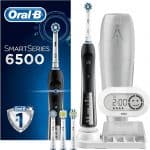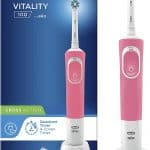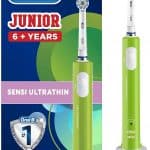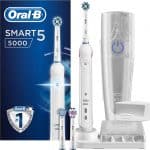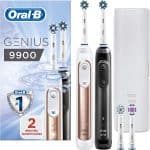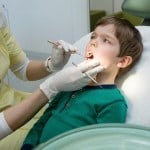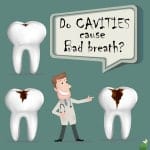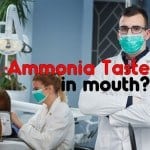Table of Contents
A mouthwash is a liquid which is basically gargled for purposes of enhanced oral care. In a practical sense, there are several types of mouthwashes and mouthwash products in the market to sample from. However, among the many mouthwash types and products, finding the best one for your specific oral health care concern is prudent.
To do that in a professional manner, you must be conversant with the major types of mouthwashes.
Well, how many types of mouthwashes are there?
There are several types of mouthwashes manufactured to perform specific oral health care functions. Some of them aid in strengthening the teeth, others fight bacteria that cause tooth decay, some deal with the problem of bad breath while others simply help fight plaque and alleviate cavities.Based on these specific functions, the following are major types of commonly used mouthwashes today:
Based on these specific functions, the following are major types of commonly used mouthwashes today:
Antiseptic mouthwashes
These are mouthwashes that are chemically blended to fight bacterial infections and bad breath. Besides, they are also very effective in preventing accumulation of plaque, though experts advice that one must brush equally with toothpaste and also floss normally for antiseptic mouthwashes to remain effective in preventing and clearing plaque.
However, care must be taken to curb excessive use lest one suffers from, on long-term application, teeth discoloration.
Fluoride Mouthwashes
These mouthwashes are rich in sodium fluoride, a mineral salt responsible for strengthening teeth. Fluoride mouthwashes are commonly used by many people today. For stronger enamel and tough teeth, these are the most recommended mouthwashes. Remarkably, they are perfect substitutes to fluoride.
See also: 7 Best Fluoride Mouthwash That Works Like Magic!
Remarkably, they are perfect substitutes to fluoride toothpaste and quite good for those living in areas whose water supply is devoid of fluoride treatment.
Most of the fluoride mouthwashes are normally considered cosmetic and are gargled after normal brushing of the teeth. They serve the purpose of clearing food remains and other debris.
Moreover, these mouthwashes fight bacterial accumulation and combat bad breath. In essence, they give you a fresh breath and confers the most refreshing tastes in the mouth, especially when administered after meals.
Therapeutic mouthwashes
Medically considered ultra-active, therapeutic mouthwashes are blended with powerful ingredients that are prescribed to help treat several oral ill-health. Most of the medically recommended ones are FDA certified and are used upon expert prescription to help fight gingivitis, plaque, gum bleeding, as well as swelling and gum inflammations.
Total Care mouthwashes
These mouthwashes have ingredients that fight bacteria and help in the reduction of plaque accumulation besides curbing risks of gum diseases. They are considered to have the combined power of both therapeutic and cosmetic mouthwashes.
Their two-in-one feature is very effective in clearing plaque and fighting bacteria that gives the mouth bad odor.
Natural or Home-made mouthwashes
Well, the use of warm salted water as an oral care solution has been and still is, a common practice at home. This is a perfect example of a natural mouthwash that has proven to be very effective in fighting bacterial infections in the mouth.
In essence, it is effective in reducing gum inflammation and bleeding. Moreover, it quickens the healing of wounds related to removal of a tooth.
Nonetheless, before using any mouthwash, you must be fully informed on the right type to use. The best way of doing that is by seeking an expert opinion, from a certified oral health care professional, to ascertain the extent of the existing oral health problem.
Choosing the right mouthwash
It is essential that you choose the right mouthwash for you – there are many types of mouthwashes out there. If you need to take advice then you should approach your dentist and discuss the options. It can and will make a huge different to your dental hygiene, stick with it!


